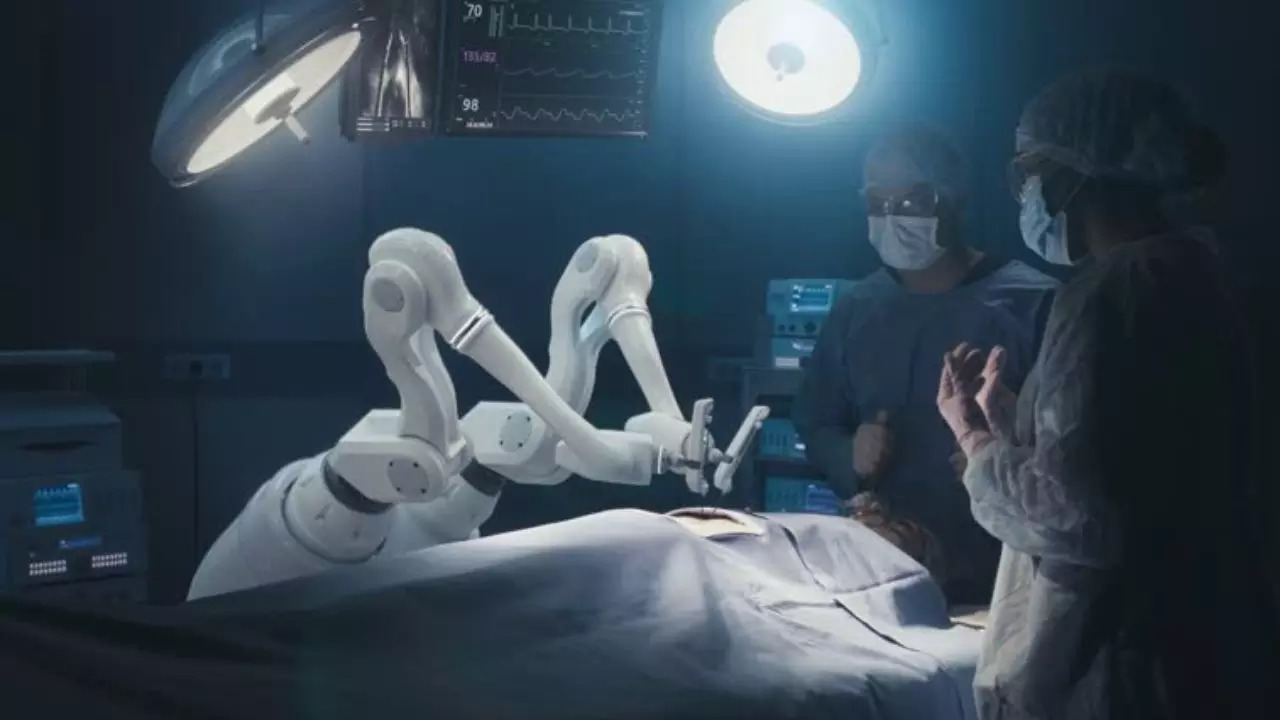How robotic surgery is reducing the risk of post-operative infections (Image credits: iStock)
With the advances of technology, robotic surgeries They have turned out to be a boon for medical treatments. Previously, there were surgical site infections (SSIs) that occurred after surgery. These infections often led to serious complications, including increased use of antibiotics, delayed recovery, and in some cases, life-threatening conditions such as sepsis. According to the International Consortium for Nosocomial Infection Control, there are about 9.06 hospital-acquired infections (HAIs) per 1,000 patient-days in the ICU. The infection rate can range from 4.4 percent to 83.09 percent in different hospitals in India.
Longer postoperative hospital stays, additional surgical procedures, longer recovery times, etc., can also greatly contribute to surgical site infections. So how have robotic surgeries changed this?
We contacted Dr. Suresh Kumar D, Surgical Oncologist, Government of Tamil Nadu Multi Super Specialty Hospital, who shares that by using state-of-the-art Robotic Assisted Surgery (RAS) systems like the da Vinci, surgeons can perform minimally invasive surgeries. surgeries that offer a reduced risk of postoperative infections. “They achieve this through a greater focus on the control and precision of robotic surgery, which reduces tissue stress during the procedure. More precise and smaller incisions can be made using robotic technology, which uses a 3D vision system to improve visualization, so surgeons can navigate intricate anatomical structures with unmatched precision. As a result, there is also less blood loss, post-operative pain and discomfort, and a lower chance of infection,” he said.
He further explains that a shorter recovery time results in a lower chance of infections. The benefits of robot-assisted surgery go beyond the operative phase, to the postoperative period. Robot-assisted surgeries often result in patients spending less time in the hospital after surgery. This limits exposure to microorganisms, which naturally reduces the incidence of healthcare-associated infections.
With robotic-assisted surgery, faster healing is seen with smaller incisions and reduced stress on the tissues. “Compared to patients who undergo typical open surgery, patients who undergo this procedure have less pain and discomfort and can return to their usual activities sooner. Therefore, the shorter recovery periods of robotic surgery contribute to reducing the risk of infection overall and improve patient outcomes,” says Dr. Suresh.
According to experts, these robotic surgeries will become more accessible, cost-effective and widely adopted in hospitals across the country. This will not only improve surgical precision, but will also contribute to shorter recovery times, fewer complications, and a significant decrease in postsurgical infections, making advanced medical care more efficient and safer for patients.
Disclaimer:
The information contained in this post is for general information purposes only. We make no representations or warranties of any kind, express or implied, about the completeness, accuracy, reliability, suitability or availability with respect to the website or the information, products, services, or related graphics contained on the post for any purpose.
We respect the intellectual property rights of content creators. If you are the owner of any material featured on our website and have concerns about its use, please contact us. We are committed to addressing any copyright issues promptly and will remove any material within 2 days of receiving a request from the rightful owner.

